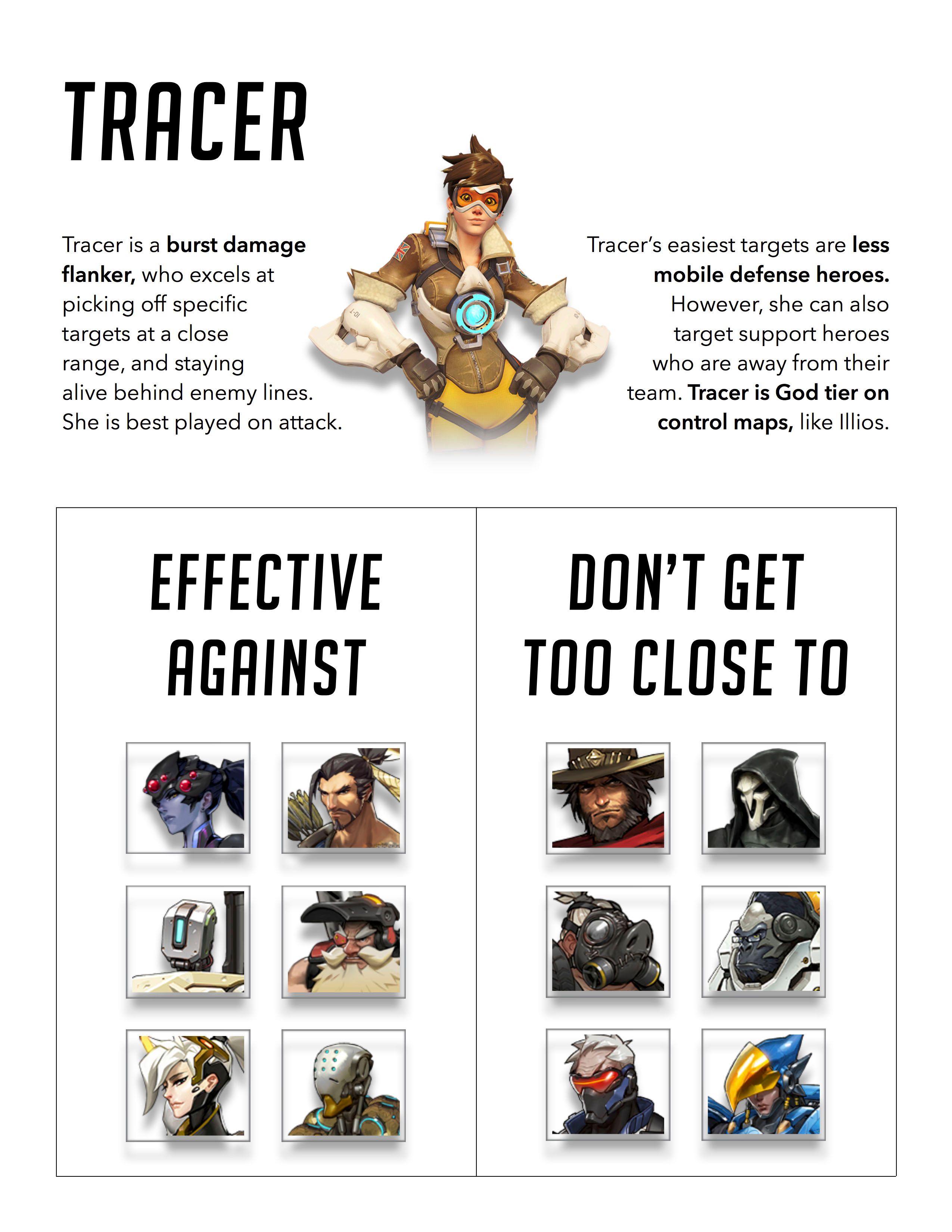The group of game developers behind Blizzard's new hero shooter Overwatch open up about their failed MMO project, codenamed Titan, and how Overwatch came out it.
Blizzard's new IP, Overwatch, the developer's first new franchise in 18 years, is set to release in a month's time. It just shut down its closed beta, and is set to begin an open beta next week. Like any game, Overwatch has taken a long road in development.
Many know that Overwatch was created out of the ashes of another Blizzard game, codenamed Titan, that spent years in development with a massive team behind it before it was eventually cancelled. In recent interviews with GameSpot, many on the Overwatch team have opened up about the failed Titan project.
Little is known about what Titan actually was. Blizzard has never revealed exactly what the game entailed other than the fact that it was an MMO and the goal was to make it bigger than World of Warcraft. Geoff Goodman, Principal Designer on Overwatch said he moved from working on World of Warcraft to Titan at the project's start, saying "It was a lot of fun, for a while."
But at some point things went very wrong. Creative Director Chris Metzen said the team was confident they could deliver another smash success, but the project got too big and the team fell out of sync:
"I look back to Titan and where we got a little squirly under the weight of this giant idea we were chasing is where we lost some connectivity to each other. Everyone starts going off to their own camps building their own part and trying to protect the part of it that they can be uniquely responsible for, and we frayed a little bit. We lost that space where we were so strong."
Overwatch's Game Director, Jeff Kaplin says the experience of developing Titan and having it end in failure was really difficult on the team:
"[...] You had a really amazing group who was working on Titan. They were really talented individuals. But we failed horrifically. In every way we failed, in every way a project can fail. And it was devastating. You had these people who either came from other companies or came from within Blizzard and were used to working on games that were very successful, like a World of Warcraft for example. And to go through such a complete and utter failure is very hard for people who are used to experiencing success and having that level of confidence just be shattered is kind of shocking."
Kaplin says it was that moment "sitting on the smoking pile of a cancelled project" that the massive Titan team shrunk down and began trying to build something new that would make themselves and Blizzard proud again. The team went dark and didn't emerge until they announced Overwatch to the world at Blizzcon in 2014, to the complete surprise of fans.
Overwatch is the result of the years of failed development by talented individuals—many of whom were the brains behind Blizzard's biggest games—as they sought to rebuild and make something new. Metzen said the game is a very personal one:
"In so many ways, Overwatch is, from its themes to its gameplay—like everything about this project whether that's visible to the end user or not—is our story. It is a redemption story. We needed this as people."
There are many rumors about what Titan was, including that it would have been an MMO where players work a day job and then travel off on a superhero quest, with inspiration drawn from Team Fortress 2 and Pixar's The Incredibles. There definitely still seems to be some inspiration there at least in visual style, but unless Blizzard spills full details at some point we'll never know exactly how close Overwatch's world is based on Titan's.
However, one of the game's principal designers, Scott Mercer, revealed that the hero Tracer is a vestige of Titan. According to Mercer, Tracer was one of the first heroes put into Overwatch because the team always knew she would make it into the game, primarily due to the fact that there was a character in Titan who had the same abilities that she has.
Overwatch launches May 24 on PC, PlayStation 4, and Xbox One.
Source: GameSpot

